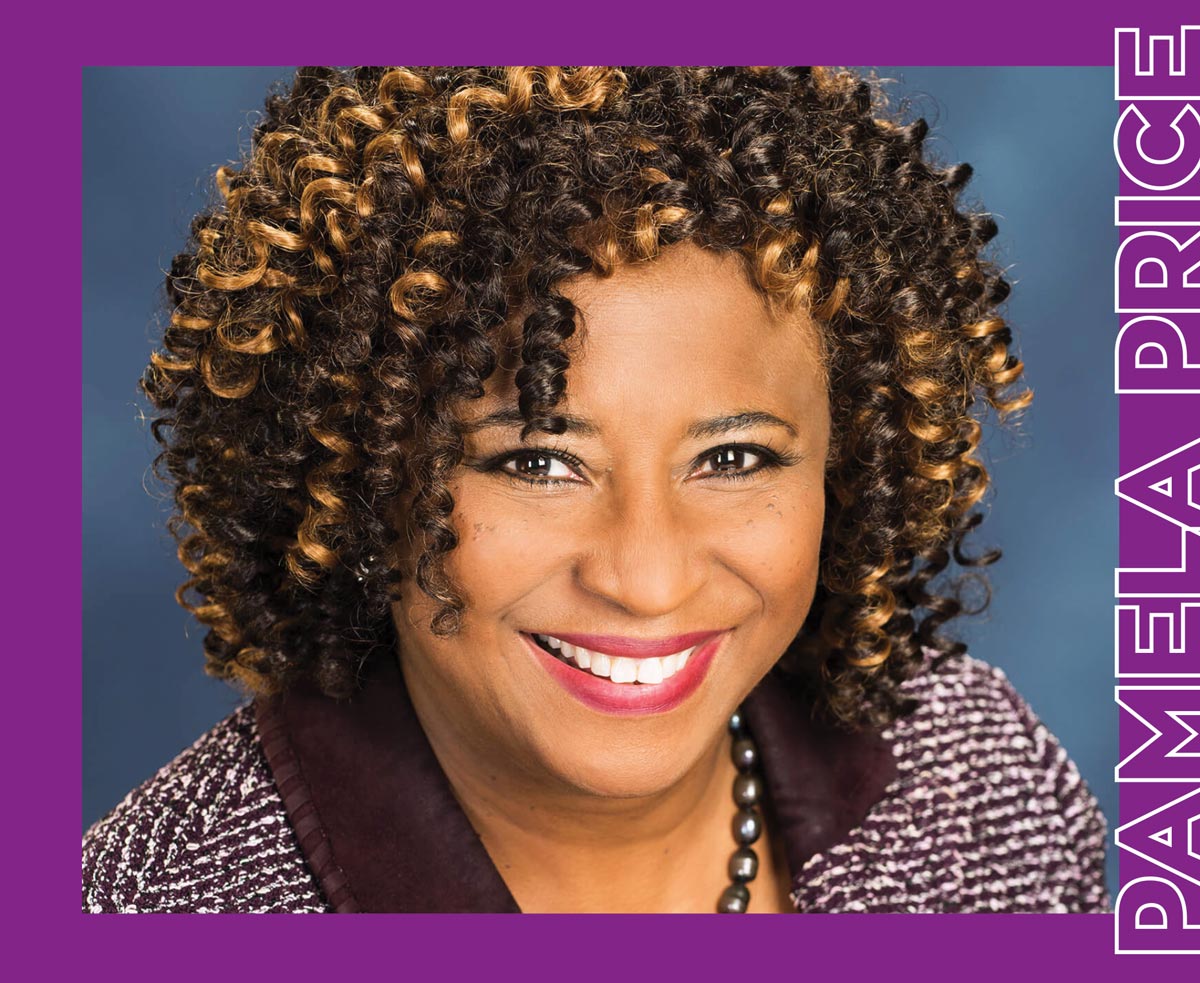


Price was 15-years old when King was assassinated, and his death filled her with rage.
When Chicago police killed Black Panthers Fred Hampton and Mark Clark in 1969, Price responded by organizing a protest sit-in at the predominately white college prep high school she attended. When administrators confirmed her role as the instigator, they expelled her.
The friction between Price and her parents caused Price to run away from home. She became a ward of the state, being cycled into the foster care system. At age 16, she was arrested at a protest demonstration and spent a year in jail. At Yale for her undergraduate studies, she was sexually harassed by a professor and became the sole plaintiff in a Title IX lawsuit against the school, losing the case at trial. The case however, went on to significantly define sexual harassment as sex discrimination in an educational setting. An institution receiving federal funds can be sued for discrimination now. Prior to taking the bar exam, she was arrested by the police whom she called to protect her from an abusive ex-boyfriend. Refusing to take the D.A.’s plea deal, Price went to trial and was acquitted.
Interspersed through all of her traumatic encounters were the bright spots that God’s grace provided. Price lived with three different foster mothers who each poured into her, providing her with stability and spiritual awareness. She was accepted to Yale College on a full-ride scholarship. She did a year of study abroad, in Tanzania, Africa, as part of the requirements for her major in international relations. She reconciled with her parents. And she earned a law degree from the University of California in Berkeley.
Each step of the way, Price never relinquished her activist spirit. During law school, she and a group of community activists created the Committee for the Defense of Battered Women to advocate for the legal rights of abused women. Price’s first career job was working as a criminal defense attorney. It opened her eyes to the true state of our legal system.
“I quickly realized that the system is rigged against black and brown people,” Price asserts. “In Alameda County, 86% of all juvenile felony arrests are black and brown children who make up less than 13% of the population,” Price notes. “The prosecutor has all of the power and the laws do nothing but make it worse.”
In 1991 Price started her own law practice as a civil rights litigator. Her third case set the tone for the bulk of her law career.
“I took a case for a Black-Filipino woman who worked at San Quentin,” says Price. “She’d been sexually harassed by the men in her unit and men whom she supervised and who supervised her.”
Price sued the California Department of Corrections (CDC) and won a $1.3 million verdict for her client—the largest verdict for a sexual harassment case ever. As a result, “the floodgates opened” and for the next 35 years Price sued the CDC on behalf of sexually harassed women of all ethnicities, economic statuses, and sexual orientations, throughout the state.
In 2016, a worn out Price closed her practice to take a year-long break. But never one who could sit back and relax, Price became involved in politics. In 2017 she was recruited to run for the Alameda County District Attorney’s office against the incumbent who’d served for 30 years. No one had run for the D.A.’s office since 1966. Although Price lost the primary, she gained 43% of the vote, a signal that residents may want a change.
The newly elected D.A., recalled the inspiration she drew from the example of the late Georgia Congressman John Lewis.
“And on his dying bed he said, ‘Make good trouble,’ and I’m pretty good at doing that.”
Continuing to walk by faith and not by sight, Price believes the Lord hasn’t brought her this far to not finish the work. Price will continue to use her shot of strength, found in Romans 8:35, which has sustained her throughout her life…
“Who shall separate us from the love of Christ? Shall tribulation, or distress, or persecution, or famine, or nakedness, or peril, or sword?” (NKJV).